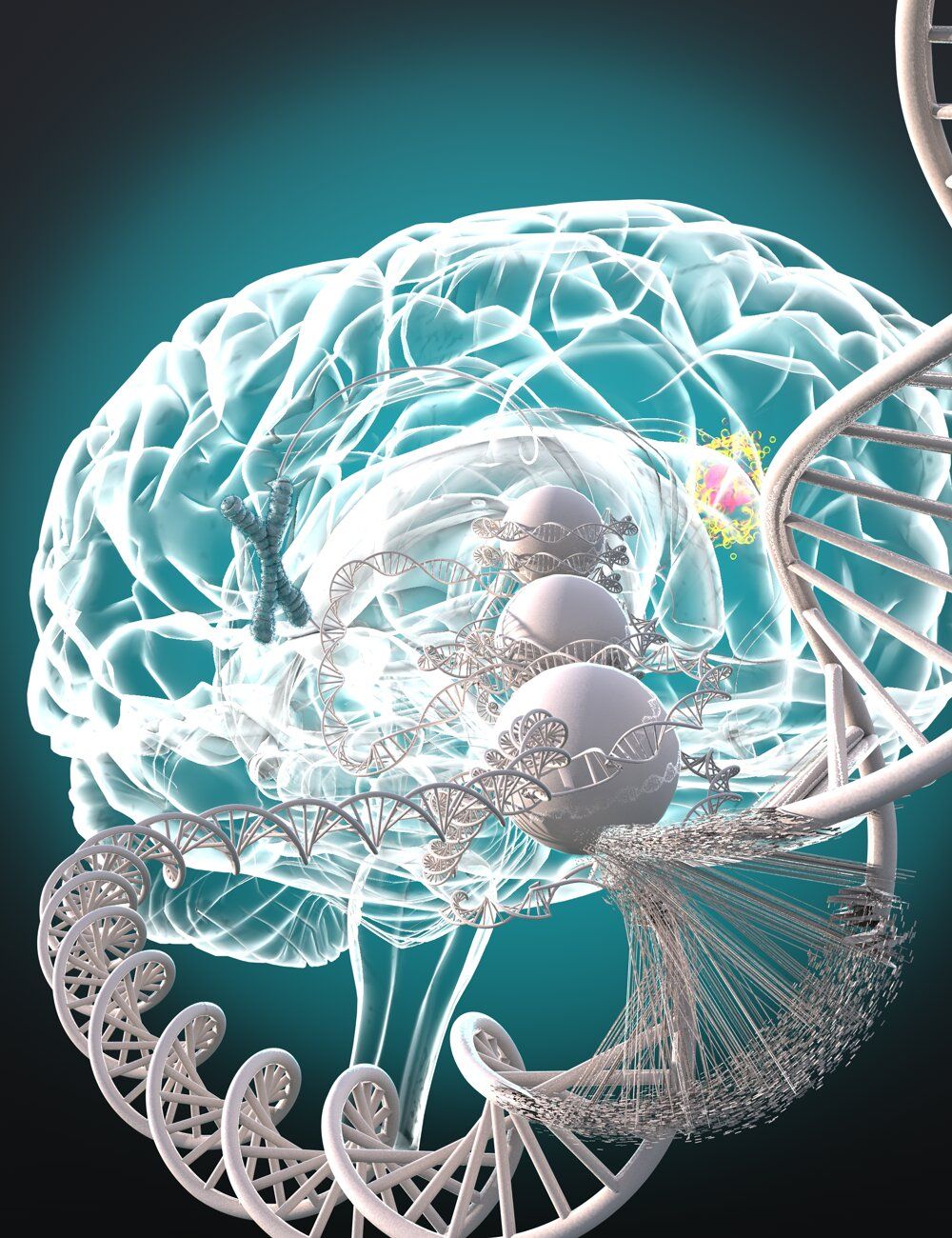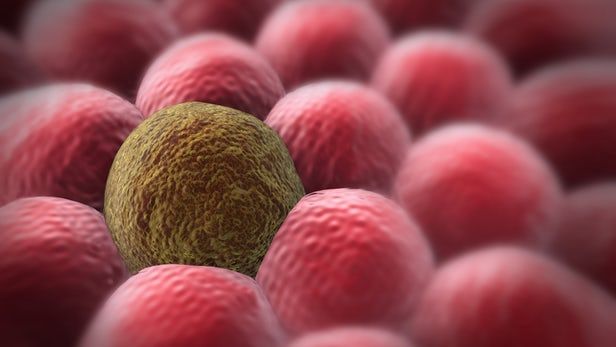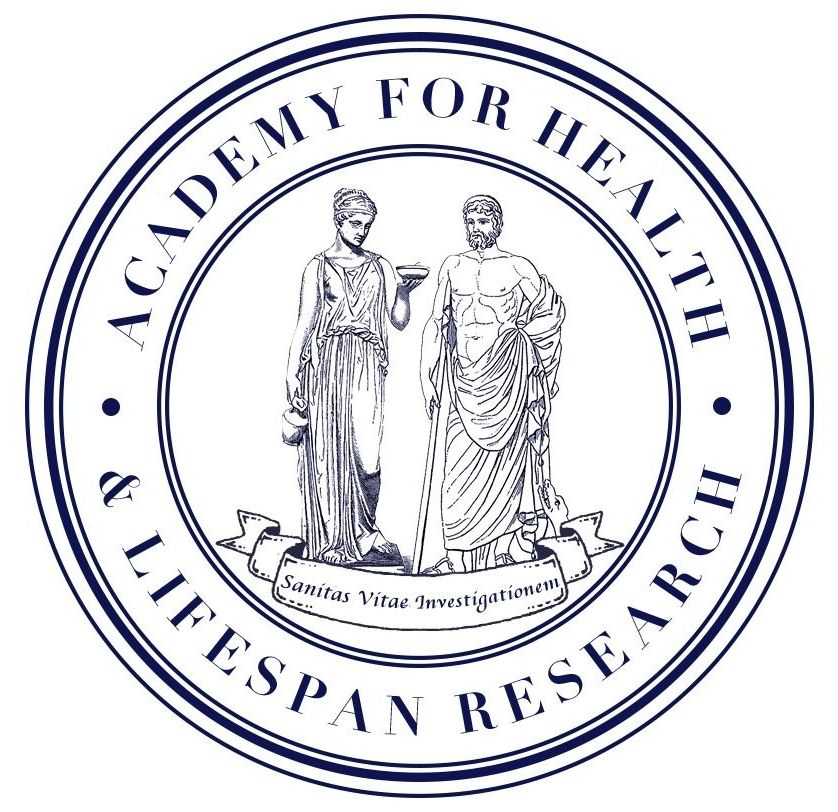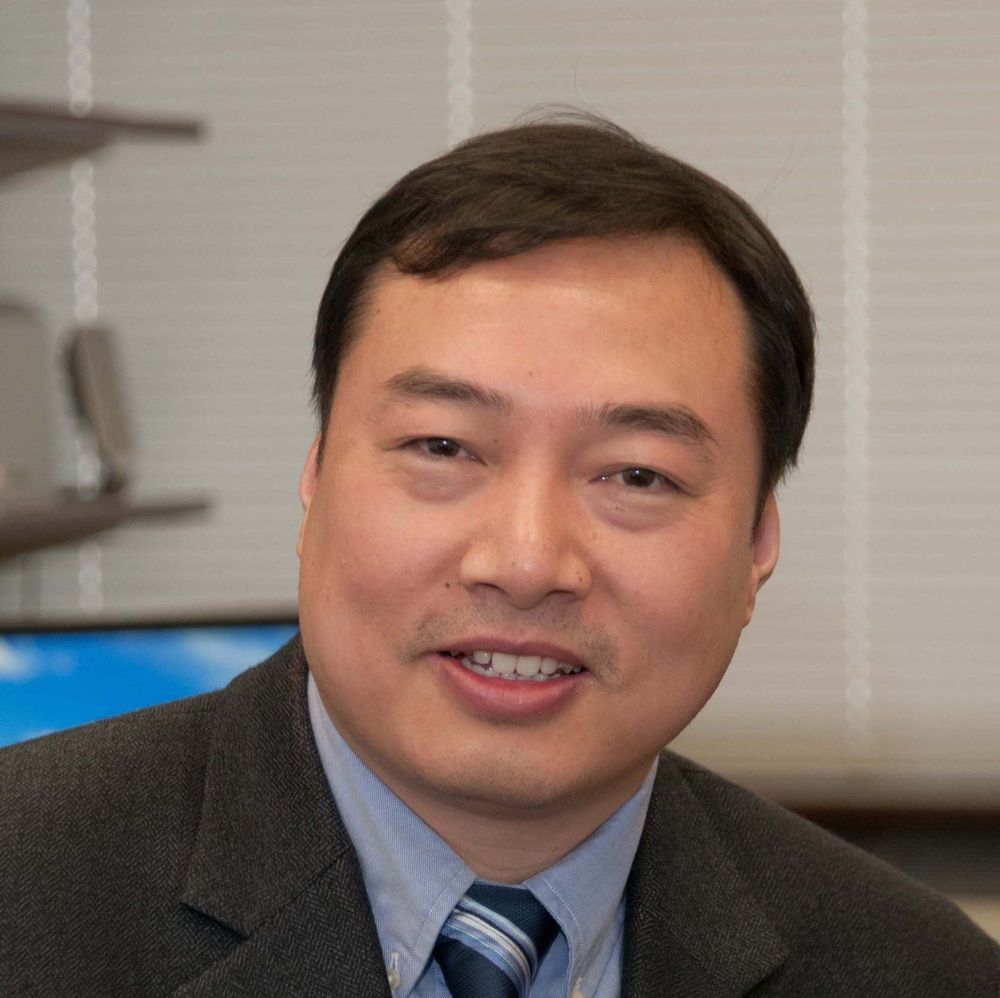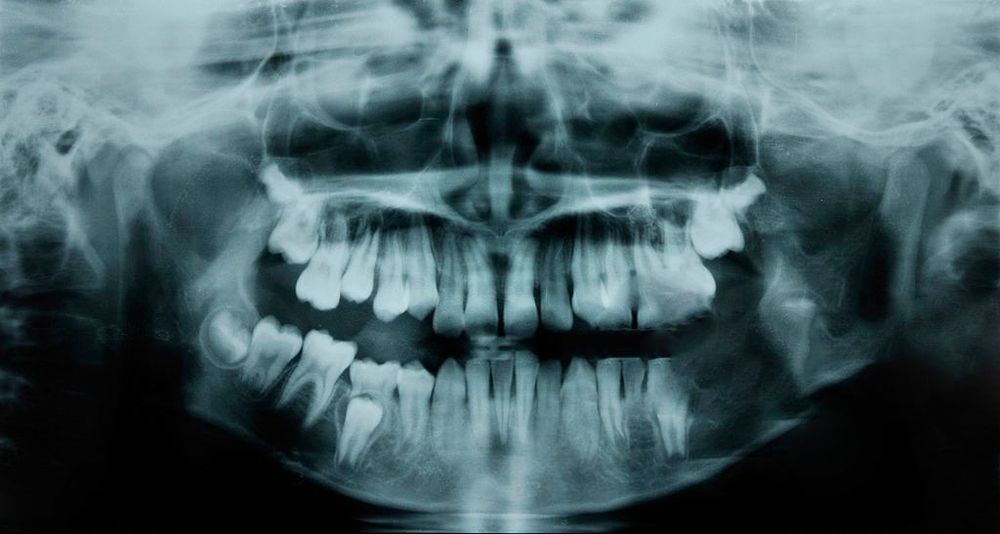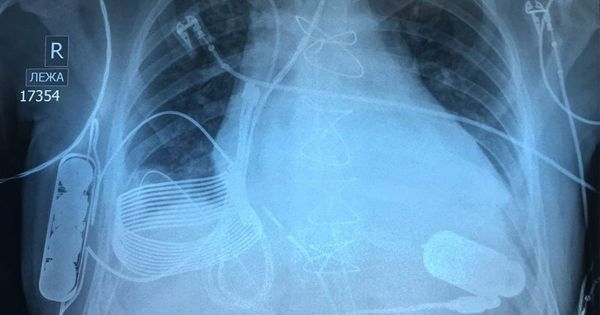Researchers from the University of Michigan Rogel Cancer Center have found that a genetic mutation seen in about half of all brain tumors produces a response that prevents radiation treatment from working. Altering that response using FDA-approved drugs restores tumors’ sensitivity to radiation therapy, extending survival in mice.
The paper, representing more than five years of research, is published in Science Translational Medicine.
“These findings have great potential to impact medical treatment of patients with low-grade glioma, which is critically needed for this terrible disease,” says senior author Maria G. Castro, Ph.D., R. C. Schneider Collegiate Professor of Neurosurgery and a professor of cell and developmental biology at Michigan Medicine.
